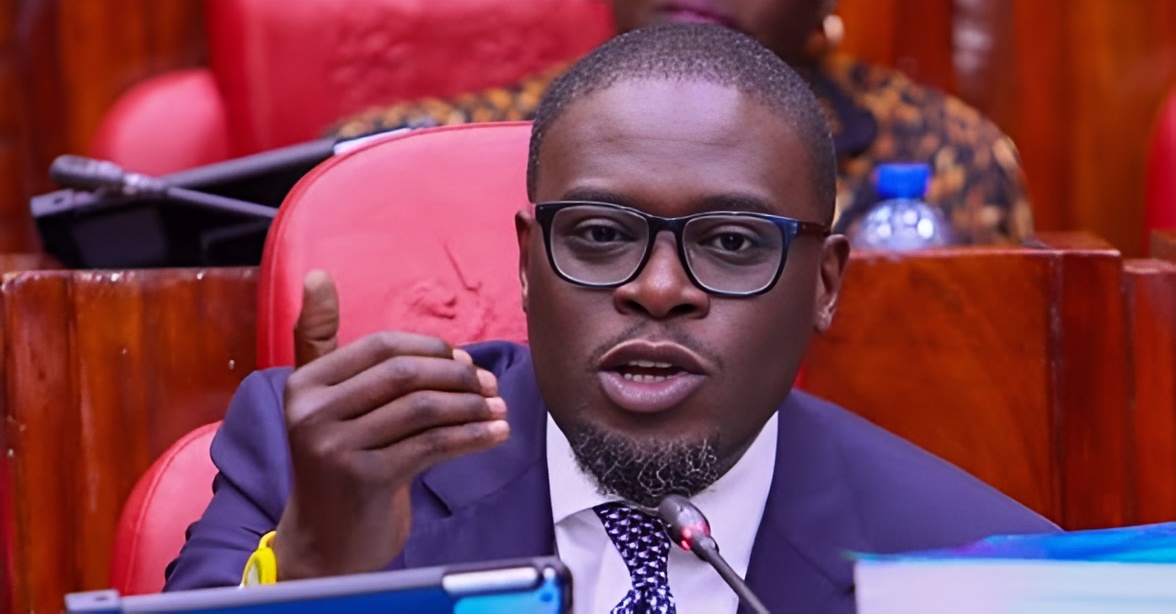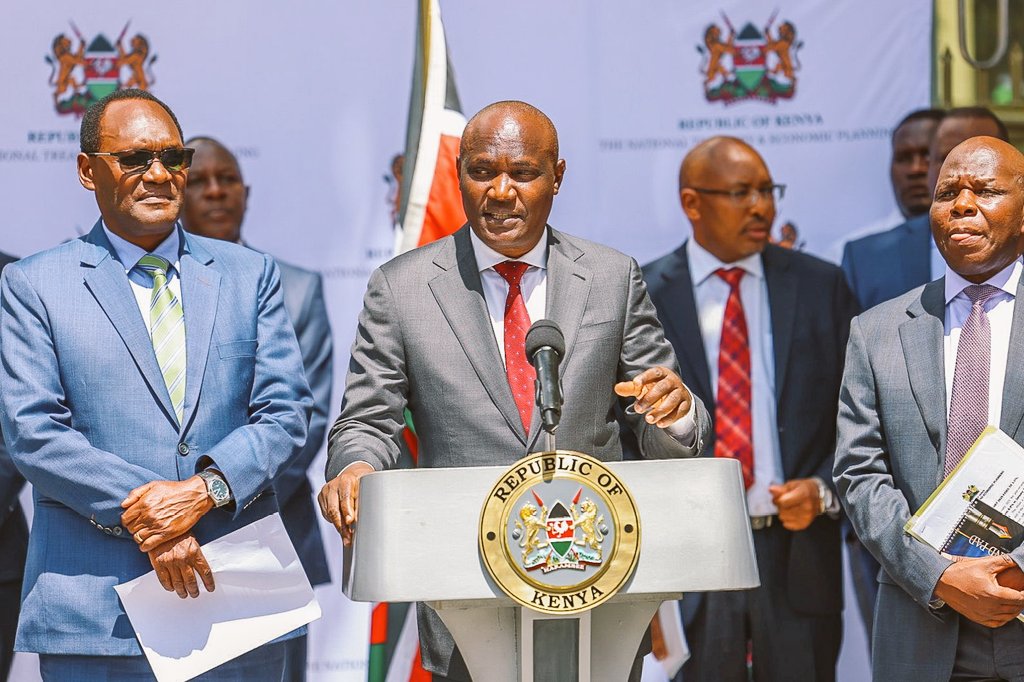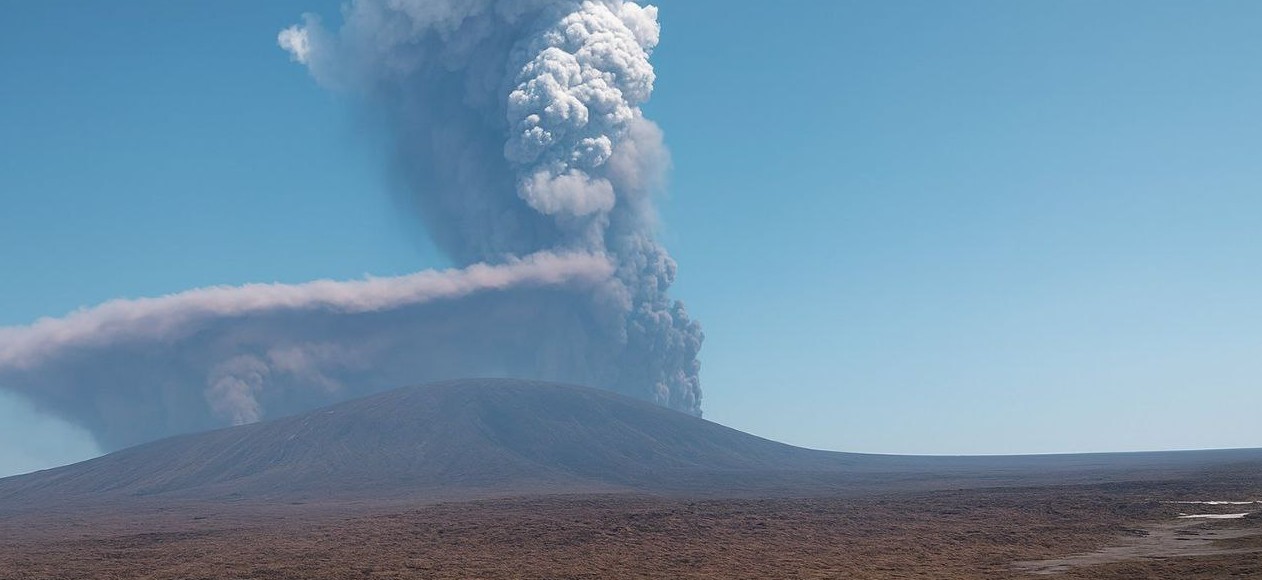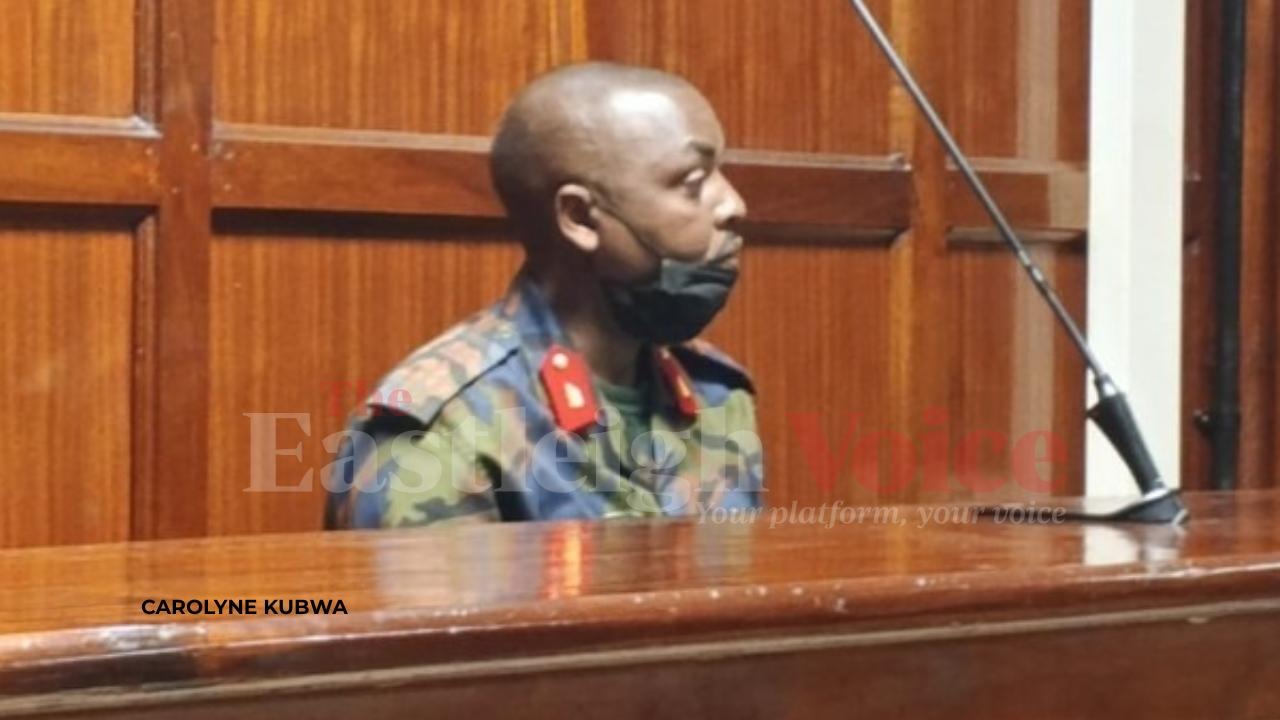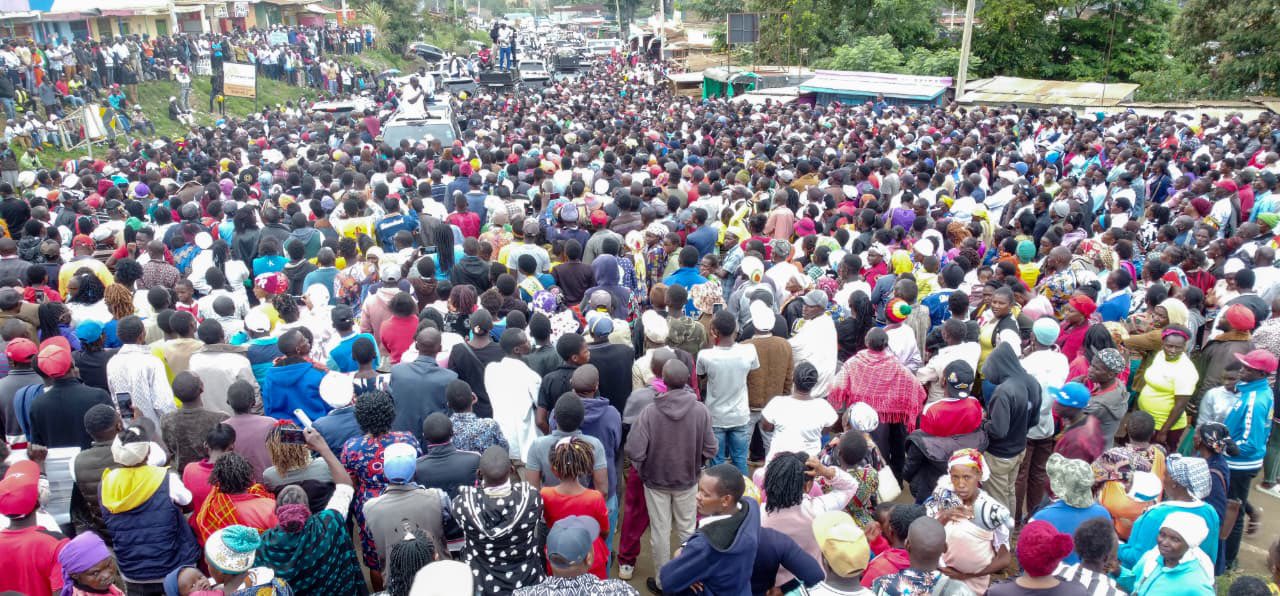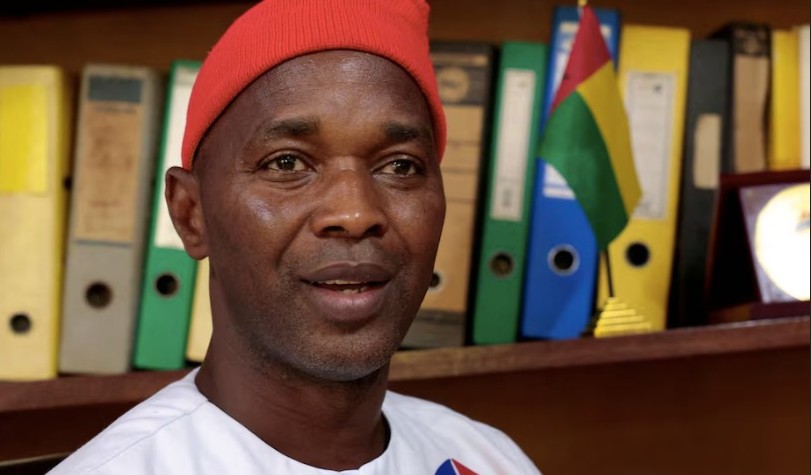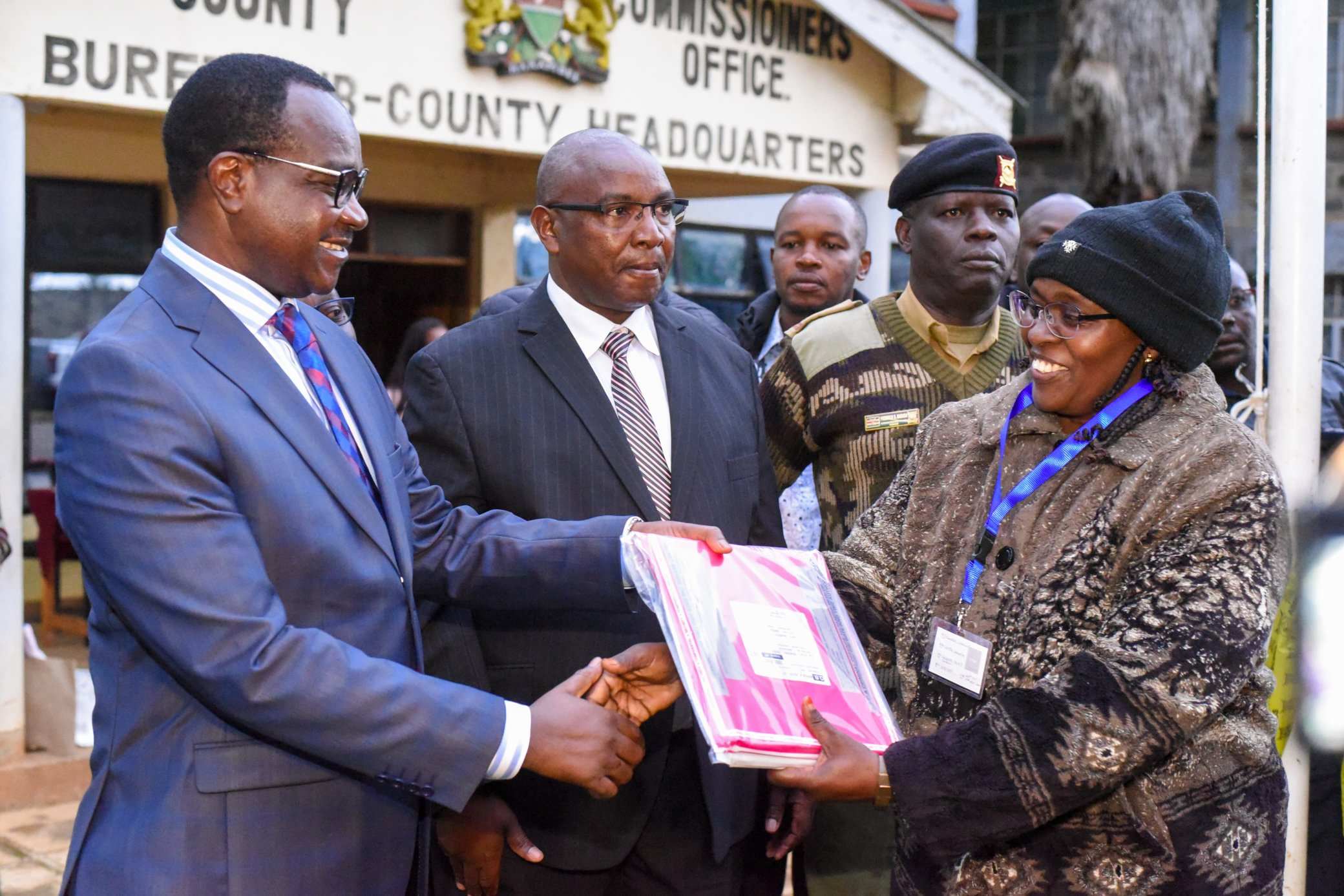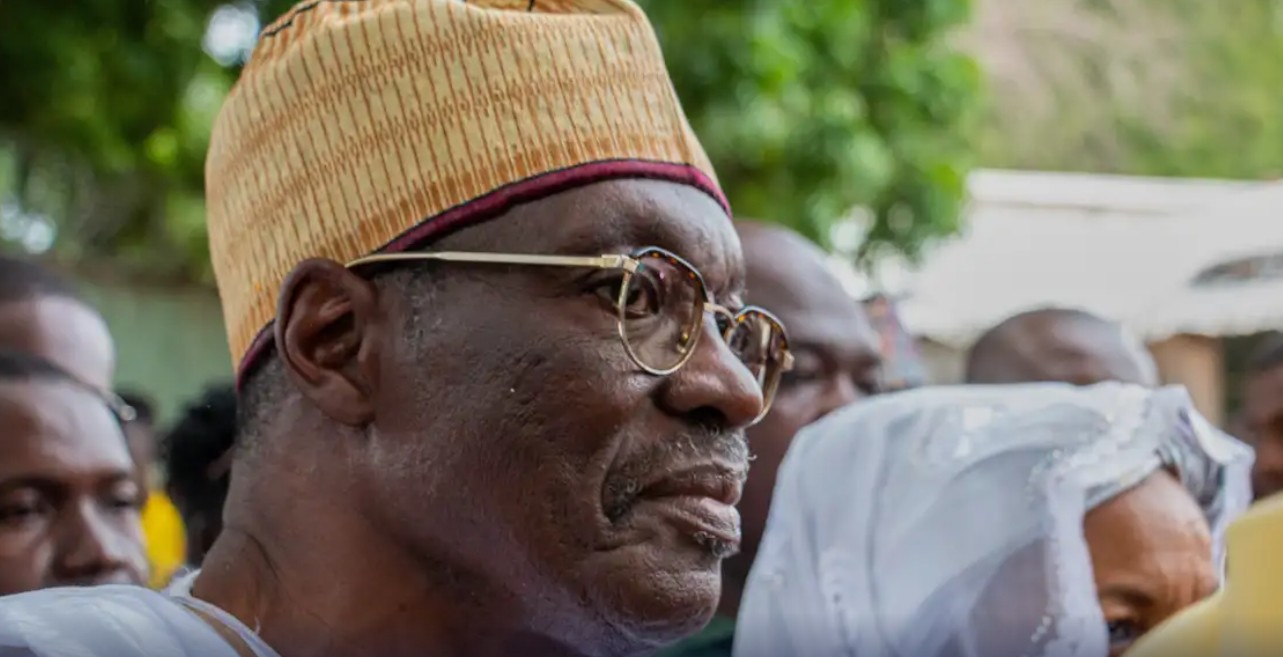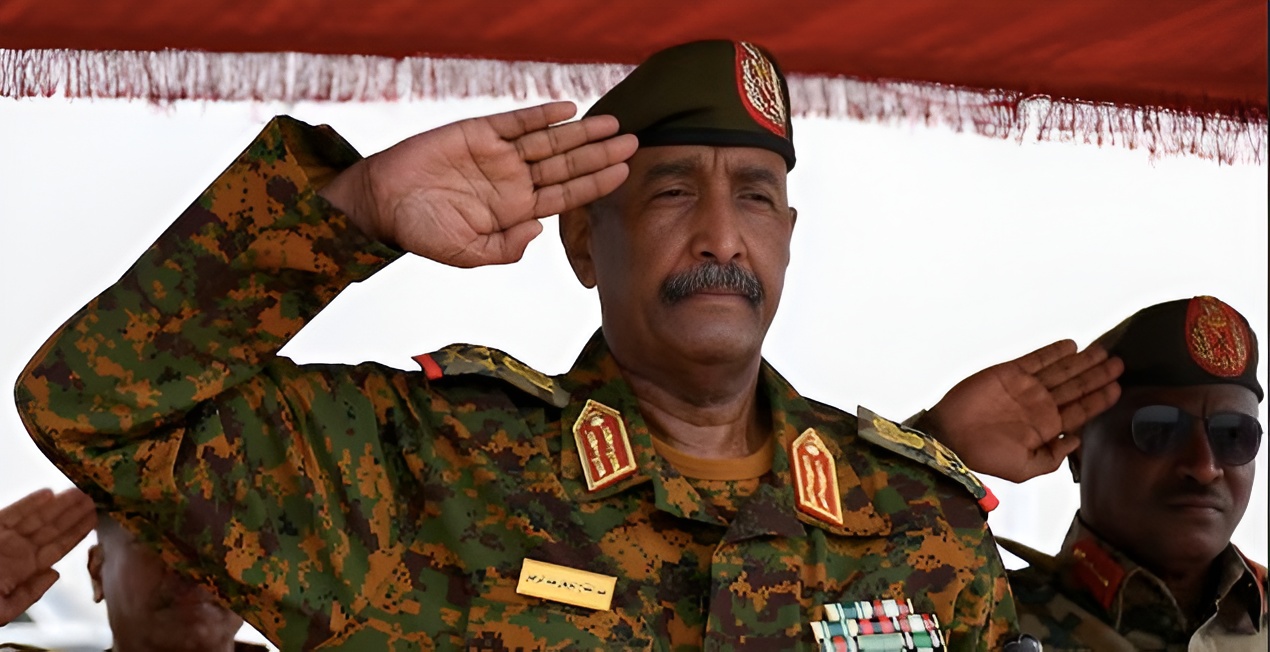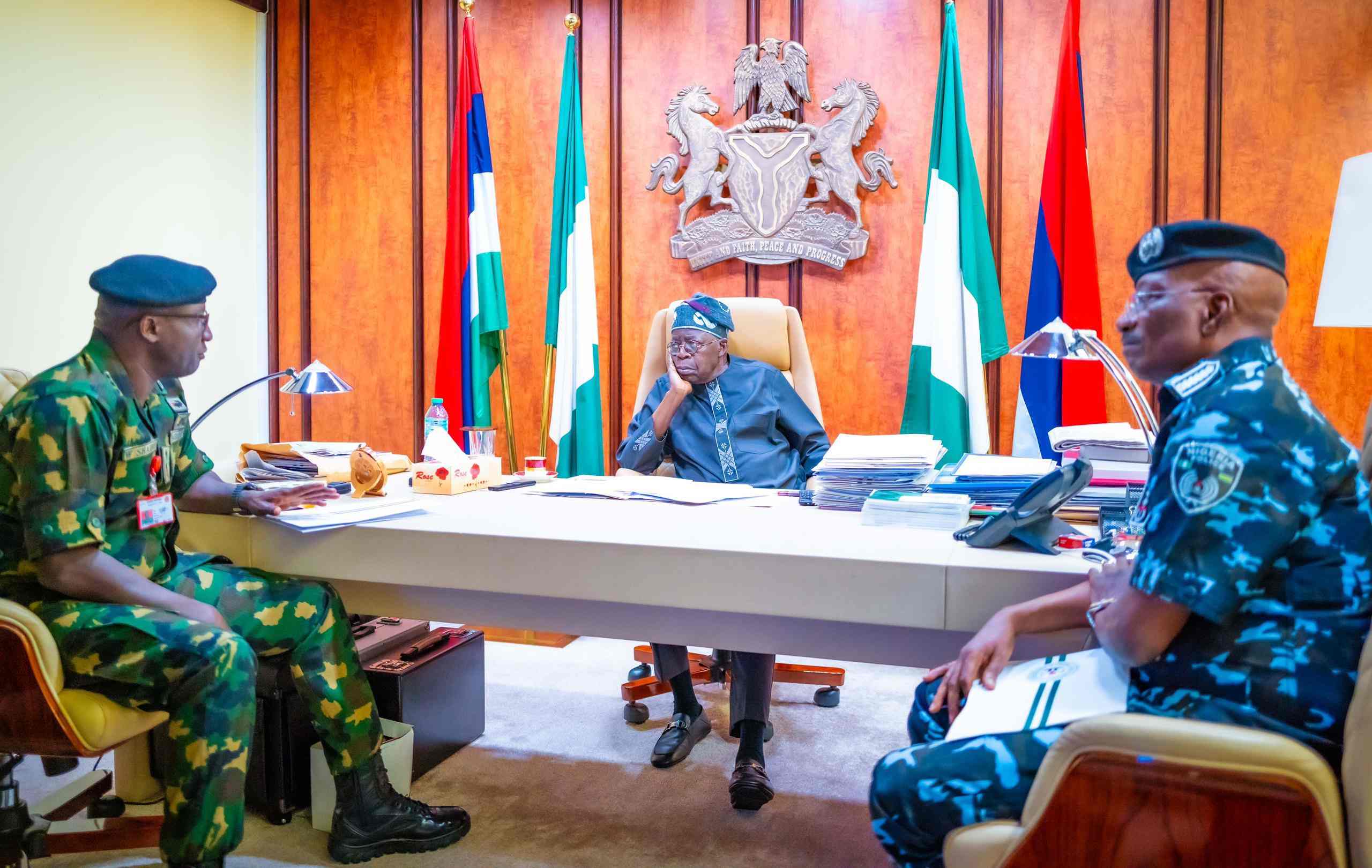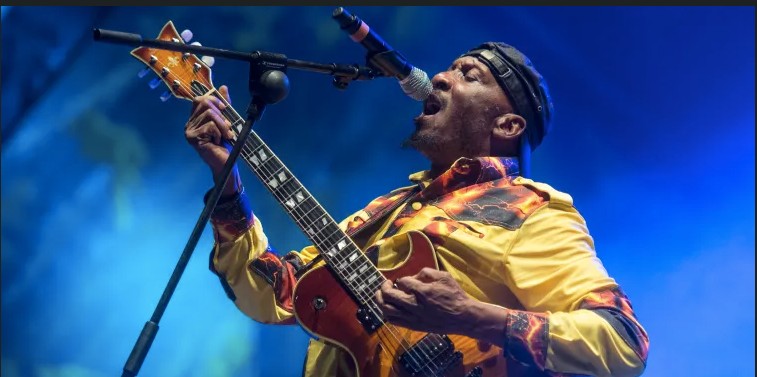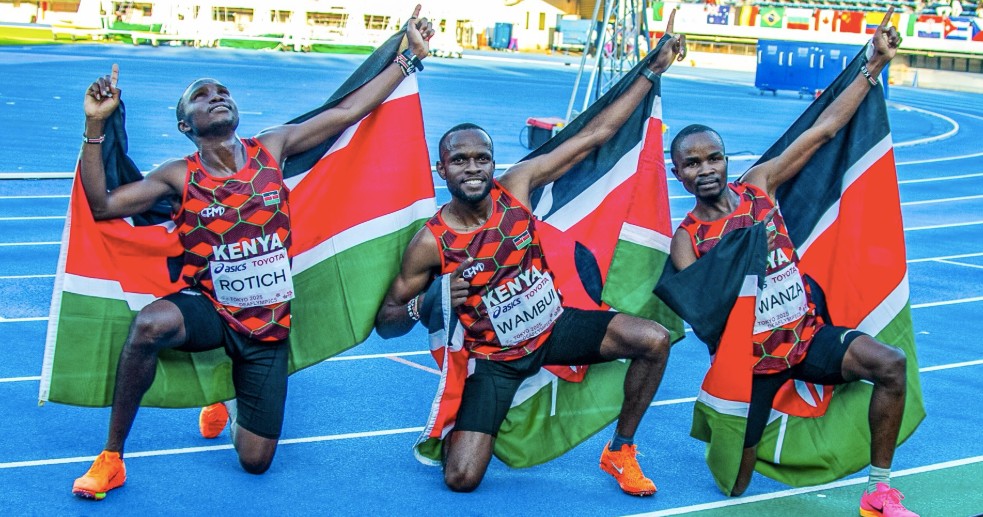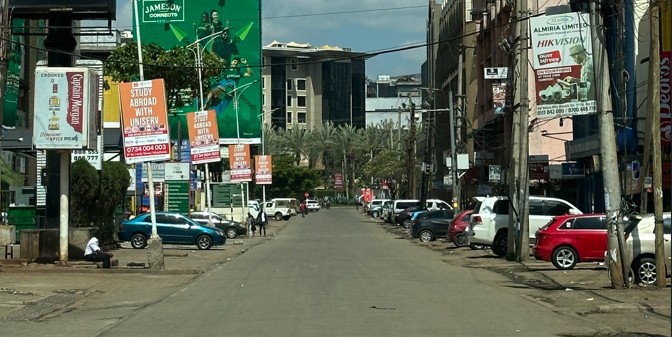Cameroon votes under tight security as President Biya seeks to extend decades-long rule
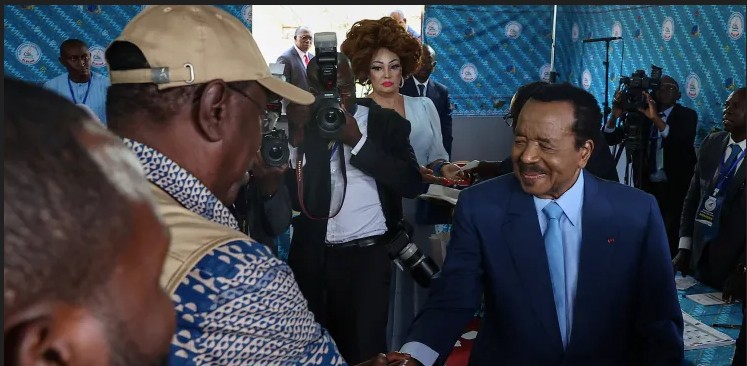
Biya abolished presidential term limits in 2008 and has since won every election with over 70 per cent of the vote, amid persistent allegations of fraud and intimidation.
Cameroonians went to the polls on Sunday in a high-stakes presidential election that could extend President Paul Biya’s 43-year rule, with the 92-year-old leader widely expected to secure an eighth consecutive term despite mounting calls for change.
Voting began early across the Central African nation of 30 million people, with polling stations opening at 7:00 a.m. under tight security. Election observers described the process as largely peaceful, though they reported logistical delays in some regions.
More To Read
- Gambia hosts Cameroonian opposition leader Issa Tchiroma amid post-election crisis
- Cameroon’s Paul Biya declared presidential winner in tense election, extends 42-year rule
- Tensions rise in Cameroon as 30 opposition figures arrested before poll results
- Four-country study finds worrying issues with cancer drug quality in Africa
- Two Cameroon opposition figures arrested as country waits for election results
- Cameroon on edge amid protests, arrests and internet blackout after election dispute
More than eight million registered voters, including about 34,000 living abroad, were eligible to cast ballots in the single-round vote. Preliminary tallies are expected in the coming days, with final results to be announced by the Constitutional Council no later than October 26.
Biya — the world’s longest-serving president, in power since 1982 — faces 11 challengers. His closest rival, Issa Tchiroma Bakary, a 79-year-old former government spokesperson, has emerged as the opposition’s most prominent figure after another key contender, Maurice Kamto, was barred from running.
Demand for change
Bakary, who resigned from Biya’s cabinet in June, has campaigned on pledges to revive the economy, fight corruption, and end what he calls “dictatorial leadership.” His rallies in cities such as Maroua and Douala have drawn thousands of supporters demanding change.
Biya, meanwhile, has run a notably subdued campaign, appearing in public only once in recent months — at a rally last week in Maroua that drew a smaller crowd than Bakary’s event in the same city.
Still, analysts say Biya’s re-election remains virtually assured, citing his tight grip on state institutions, security forces, and a fragmented opposition.
Stagnation and corruption
Supporters credit Biya with maintaining stability in a region beset by insecurity and guiding Cameroon through multiple crises, including the Covid-19 pandemic and global economic shocks. Critics, however, accuse him of presiding over decades of stagnation and corruption.
Biya abolished presidential term limits in 2008 and has since won every election with over 70 per cent of the vote, amid persistent allegations of fraud and intimidation.
His frequent absences abroad — often for extended stays in Europe — have also fuelled speculation about his health and ability to govern.
Despite recent GDP growth, many Cameroonians continue to grapple with high unemployment, rising living costs, and limited access to healthcare, education, and clean water, leaving many citizens frustrated and yearning for change.
Top Stories Today
